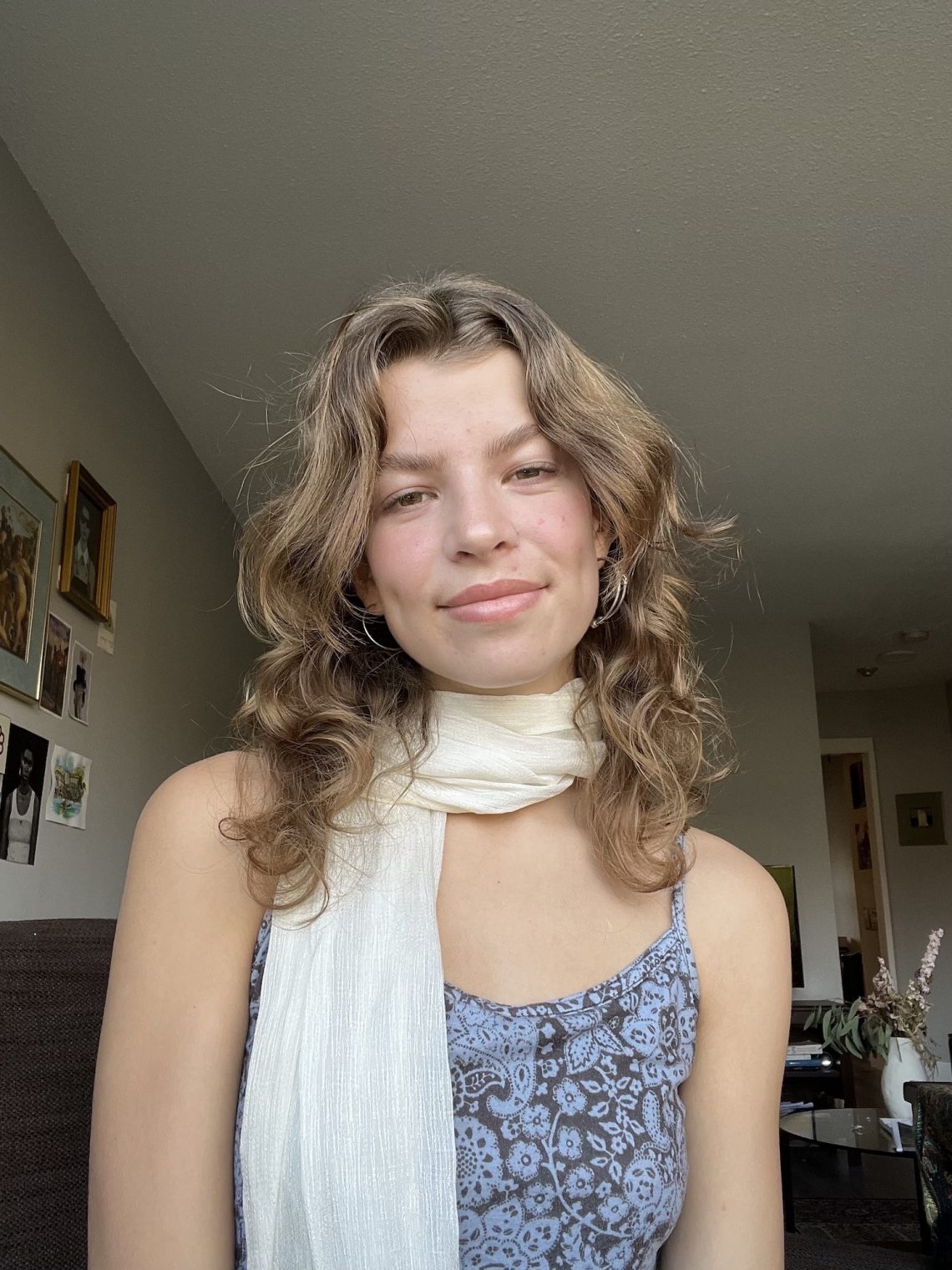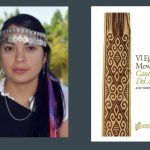Hello Spanish for Community blog!
I am Isabelle. I was in Spanish 301 last term and participated in the Palabras Madres project through classwork. Today, I offer a reflection on the experience.

Humans are a special species; this is not really contested. A primary manifestation of our being special is speech. Other species communicate, but we form words, sentences, paragraphs, thoughts, books, and conversations. Speech becomes language, and language has its own characteristics. Language begets community, forges connections, grows and changes and reflects the rolling-hill lifetimes of its users.
It is, of course, this remarkable nature of language that makes translation something important. Translation means literally “to carry something across”, with roots in Old French and Latin (Oxford English Dictionary). When I translate something from my language into yours, I am carrying the knowledge across to you. In this way, translation is not only an act of words but a gift, a service, an act of sharing.
It is a beautiful thing that the study of second languages is so endorsed in universities. Upon graduation, students have gained a special tool: an enhanced ability to share. Sharing is giving, but also taking, showing the gift of wanting to learn from someone else. In Spanish 301, students embark on a translating journey rooted in Mapuzugun, the language of the Mapuche people in the Patagonia (Argentina) and the Araucanía (Chile). As part of their Community Engaged Learning component, students spend the term reading and learning poetry from Mapuche authors, beginning their share of a project called Palabras Madres.
I was in Spanish 301 last term, from September – December 2023. The authors we studied included Jorge Curinao, Aylin Ñancucheo, Silvia Mellado, Liliana Ancalao, and others. Several times throughout the year we were treated to guest lectures by Silvia Mellado, who shared her poetry with us and shared her connection with the Palabras Madres project. We learned about the history of the Mapuche, and our vocabulary words over the term catered to language we could use to understand their experience. We compared poems of resistance to Canadian Indigenous authors, like Sarah Lewis and her poem Warrior Cry.
When Dr. María Carbonetti asked students at the start of term about translating interest, something special occurred. Many of the students in our class spoke languages other than Spanish and English, and sometimes more than one. There was so much enthusiasm that the translating project grew. As well as working on translations from Mapuzugun to Spanish to English, many of us gave new life to the poems by adding translations in French, Russian, German, Portuguese, or another language. The sentiments of the Mapuche authors were again imagined, again felt, again appreciated in these new versions.
Working with Mapuche history and the Mapuzugun language was a beautiful experience in class. We had a lens into another life and language, and through the process of translation built something together. I am grateful to have been part of the Palabras Madres project and I look forward to the contributions that will come from future students.





Comments by Isabelle Whittall